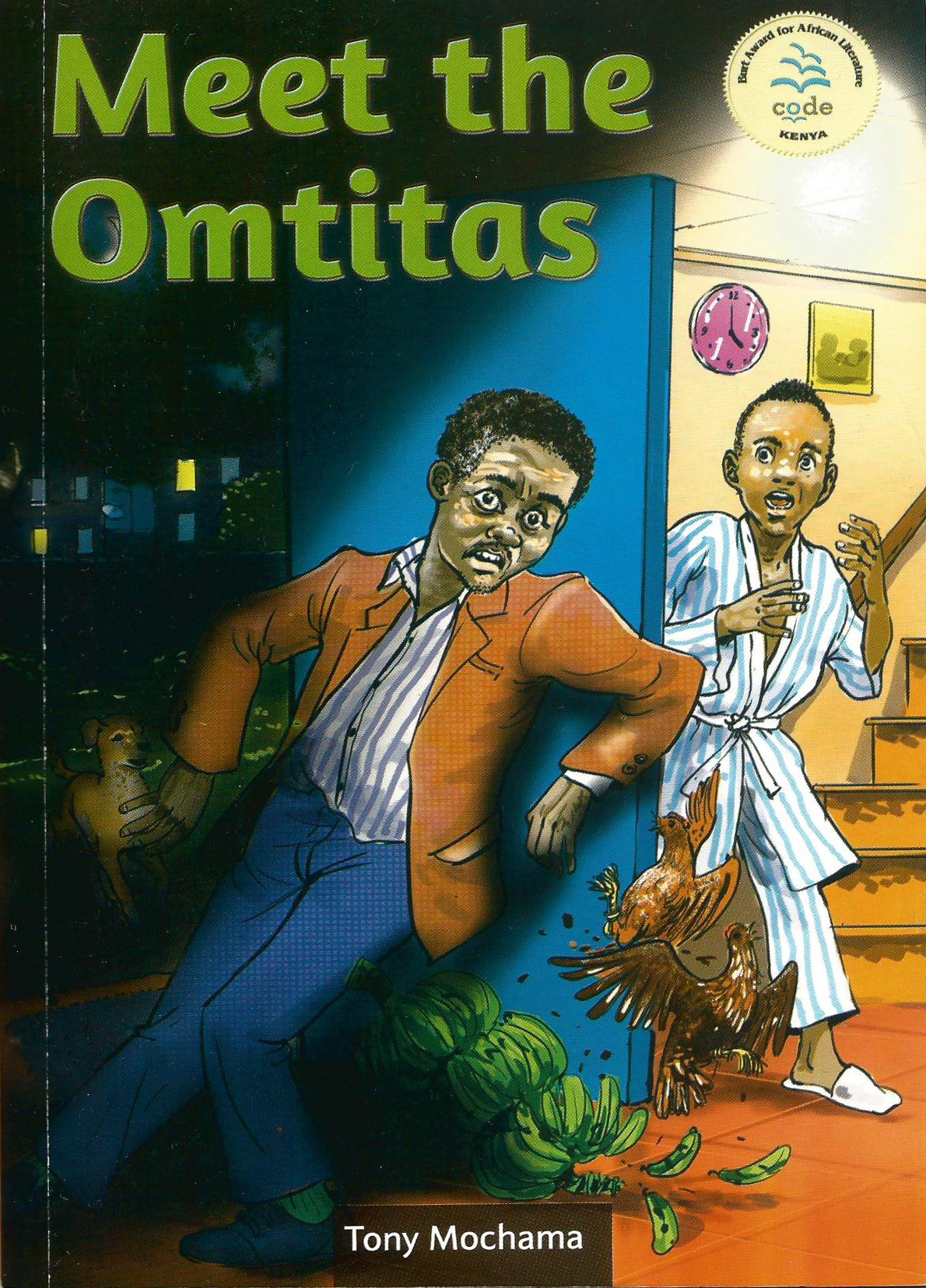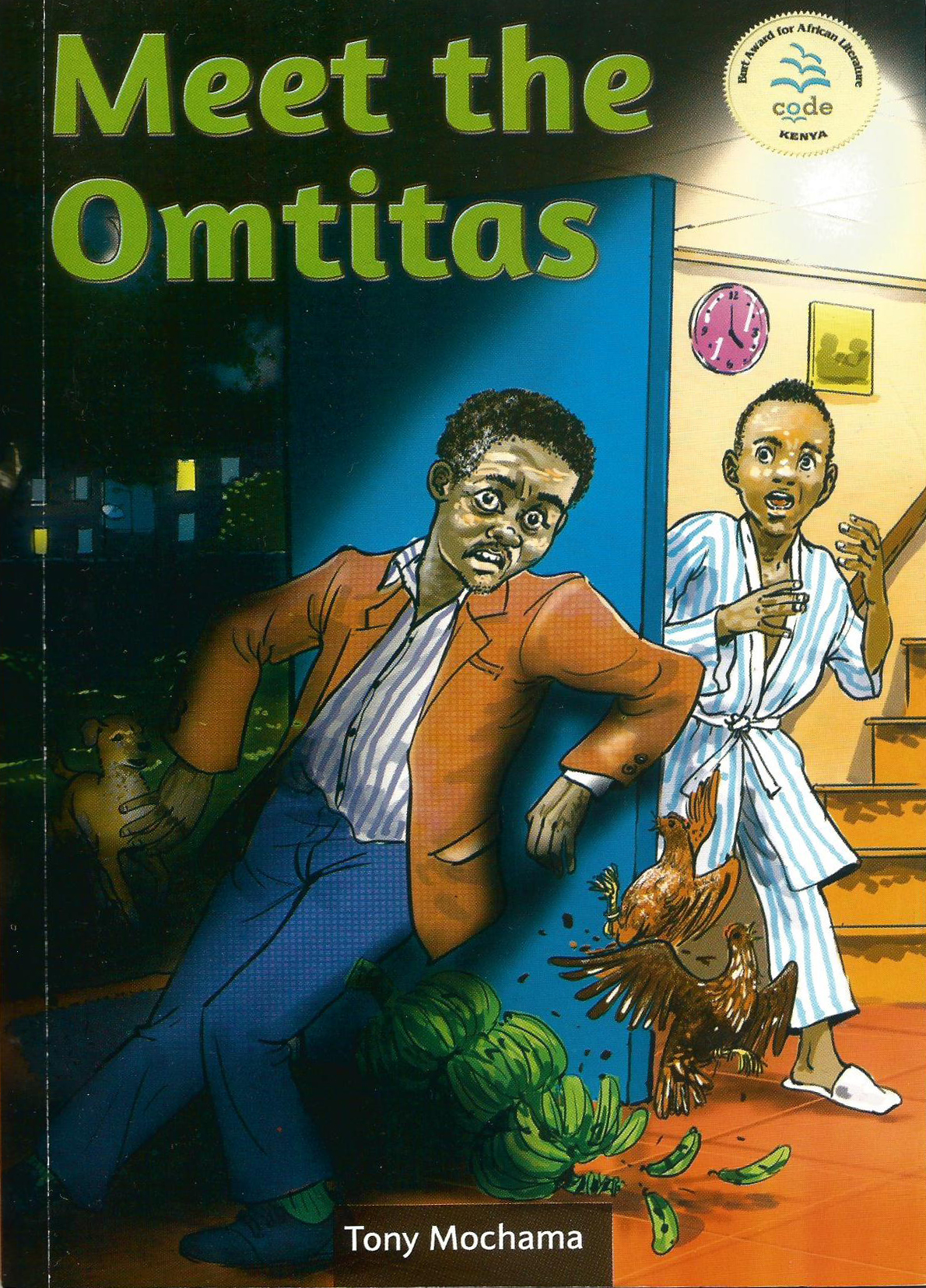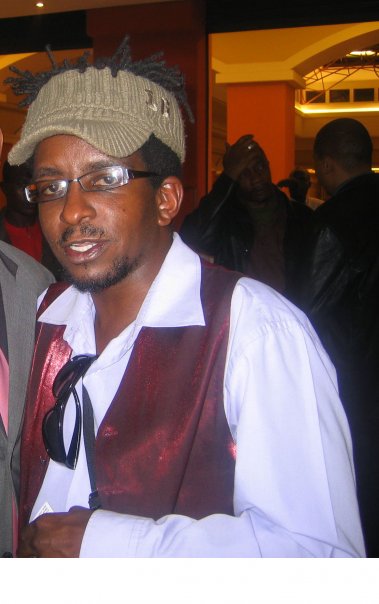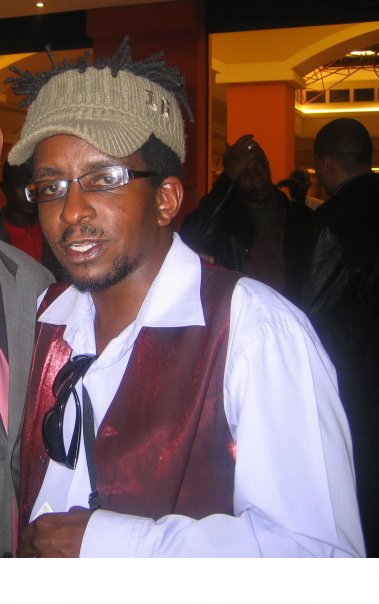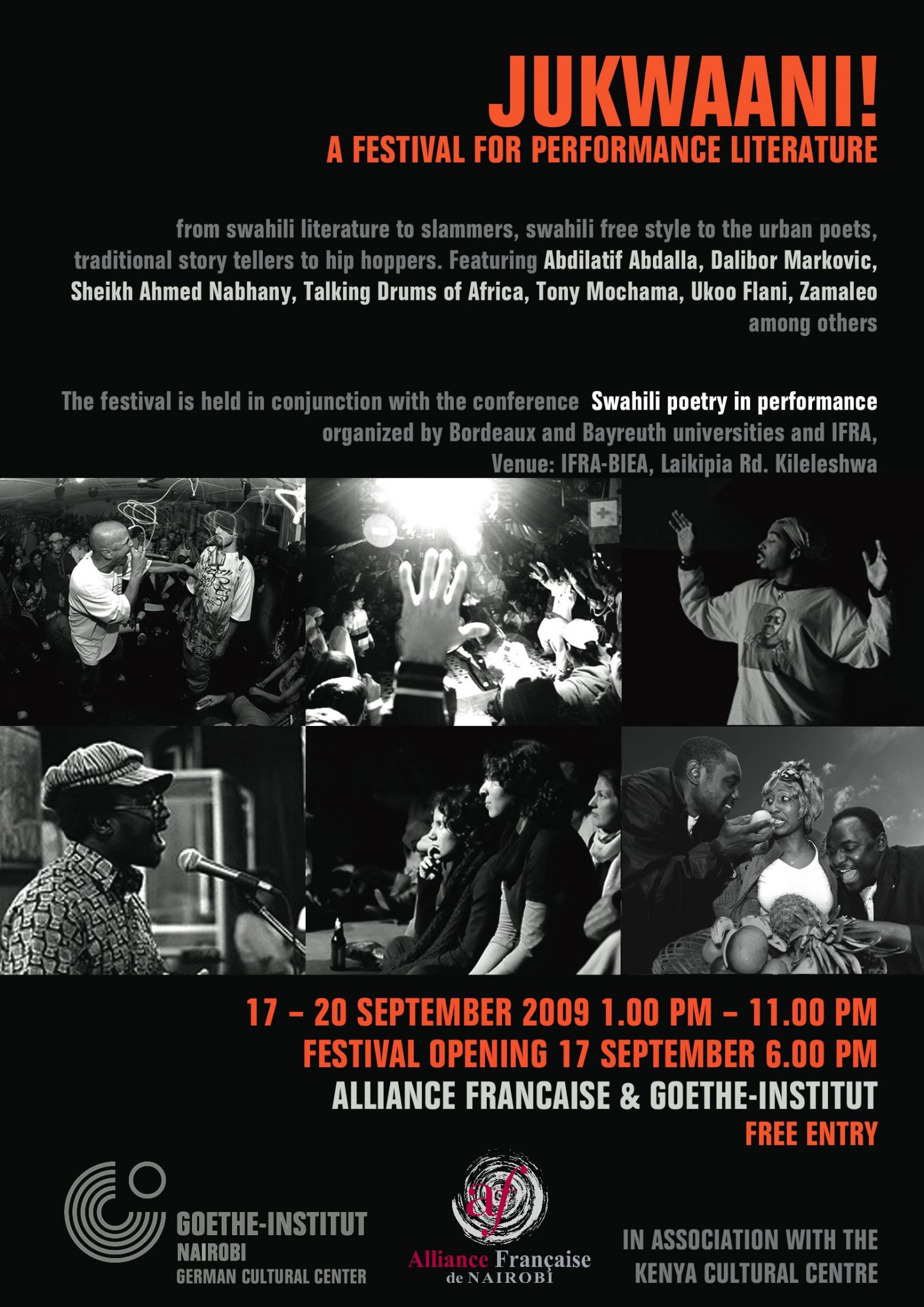Tony Mochama’s book What If I am a Literary Gangster has kicked up such a literary storm it appears that people cannot stop talking about it. Journalist Otieno Amisi insisted that Maisha Yetu must publish his review on the book. And who are we to say no to a good literary argument. Here you go:
Gangsters invade literary scene
Writing is suddenly becoming an attractive pastime in Kenya. Politicians, religious leaders and journalists are writing poems and biographies. A few are even venturing into the craft of poetry. With dire costs.
Last year, there was Kiraitu Murungi’s Song of My Beloved (Oakland Books, 2007). Then Raila Odinga followed with An Enigma in Kenyan Politics. And Kalembe Ndile has recently come with My Squatters, My Struggles, My Dream. Now journalist Tony Mochama has joined the fray.
But Mochama is a different sort of literary gangster. A journalist with something of a reputation for experimentation, Mochama is synonymous with what has become known as teen journalism, a medium obsessed with a footloose urban lingo called sheng and local heroes or ‘celebs’ as these one line, on line musicians are called. Last month, he launched his collection of poems under the title, What if I am a Literary Gangster? at the Goethe Institute, Nairobi.
The effect of Mochama’s book has been to divide critics down in the middle. There are those who think this kind of new, underground writing should be encouraged, especially considering that publishing even a line of poetry is so difficult in our part of the world.
Then there are those who argue that the book is not serious enough that its lighthearted broaching on what should be serious international issues like global trade imbalances and freedom is intolerable.
Sympathetic reviewers like Joseph Ngunjiri have been at pains to defend Mochama. Ngunjiri identifies what he calls “the soft side of the gangster. “ But old school critics like Egara Kabaji argue that his verses are “decidedly defiant,’ and are “neither poetic nor artistic.”
These are not the conventional neatly trimmed lines, as in rich in meaning and social concern as Okot p’Bitek or Jared Angira. Because Mochama the journalist is always on the run, his scribblings and musings are no more than snippets from his fleeting encounters with the world, with a world on the run.
According to the sympathizers, Mochama’s brand of poetry is ‘from another planet.’
Lumping his apparent ‘success’ in journalism of the gossip and rumour type, they see Mochama as a rising star in Kenya’s literary scene. But pulse journalism and poetry are worlds apart.
Ngunjiri argues that Mochama’s poems are ‘refreshingly real, and could only come from someone who has been through so much.’ He goes ahead to identify what he calls the ‘softer side’ of the poet, which he claims comes out especially in a piece titled, ‘Whispers’ and which is dedicated to the late word juggler Wahome Mutahi. The poem goes:
Laughter and your stories, lingers,
Like a silver cobweb clings
On a broken wall
lit by silver moonlight
But the ‘gangster’ leaves the reader breathless not for its lack of style or bland creativity, but for the sheer absence of beautiful language. The persona rushes, in one breath, between airports and seaports and rhythms and rhymes that are at once alarmist and drunken, then rushes back again to a gasp of short lived reality.
According to the author, the title was provoked by one Egara Kabaji, a former don at Kenyatta University lecturer at Masinde Muliro University who once dismissed Mochama as a “Literary Gangster, whose godfather is Binyavanga Wainaina.” In revenge, Mochama deliberately misspells the don’s name, calling him “Egaji Kabira, a lecturer at some minor college in Western Kenya.”
Kabaji, like many grammar school graduates, has few kind words for Mochama’s writing, which is mere wordplay. Mochama simply splatters words on a page, without a major theme or driving force. He is more of a roving juggler with words than a serious poet. But perhaps he had no intentions to be a serious poet—and like his newspaper celebs, just wants to ride big on fame, with a miniature substance.
His scribblings are about nothing in particular and about everything all at once; snippets of his love life, his nightlife, his love for vodka and his travels to far away cities. His attempt to rhyme at all costs sometimes ends up like an echo of those ‘hip hop’ musicians who strangle meaning in their strings of rhyme, or poor imitations of Wole Soyinka. Who said poetry must rhyme?
Mochama’s poems are also full of strange references to Siberia, Russia, St. Petersburg, Stalin and other travel experiences. But who said poetry must be about distant journeys and privileged encounters?
Yet his skill with words sometimes emerges strongly. Sample this:
When I run out of poetic tricks
I shall commit syntax
Ferry my body in a verse
And bury me, in the symmetry
Mochama the wordsmith has a pulse that comes with a wicked, sometimes explosive, sometimes mischievous sense of humour, and, — let’s give it to him — a whiff of fresh air into the drab poetic scene.
Here’s another clip from Black Mischief a word play on Sissina, the victim of Naivasha farmer Chomondley’s gun wielding racism:
Sisina’s sin, it seems
Is that he had no idea
Where Naivasha ends,
And England begins.
Right from the cover, which shows a shattered glass window, complete with holes on the words of the title itself, what is contained between the covers of the book is quite unlike your ordinary, conventional book of poetry. It is unthinkable that such a book should find its way into the classroom; the good old chaps at the Kenya Institute of Education are unlikely to take a second look at it; but not everything must be written for the Orange book.
In ‘Trading Places’, the poet takes a mischievous shot at the social, political and economic differences between Africa and the West. He addresses the double standards employed by the West when dealing with Africa, and in typical poetic license, puts Africa at the top of the world.
When he is not tackling universal themes like freedom and love he takes a philosophical musing on life and death. But his tone is typically, even annoyingly, happy-go-lucky, full of mischief and appears fired off from a cannon loaded with irony.
Like Kabaji, Otieno Otieno, a journalist with the Nation Media group, is furious. He writes, “It is not so often that literary clowns like Mochama enjoy such unflattering reviews. But the intellectual freedom of the blogosphere propels this rebel from obscurity into a somewhat comfortable abode in the mainstream.
Another reviewer, Munene wa Mumbi, calls it ‘exhibitionist verse, which fits under the category of travelogue’ and relegates this writing to a Russian Tourism Board Newsletter, ‘if it is there.’ Mochama is merely fascinated with gangsterism. He is awestruck by overseas travel,’ Munene barks. “Clipping the lines of a short story does not render it a poem.”
By and large, the book remains a one man show, lacking the editorial edge that could have come with a bigger, local and more careful publisher.
Amisi rans a blog called Creative Ventures

